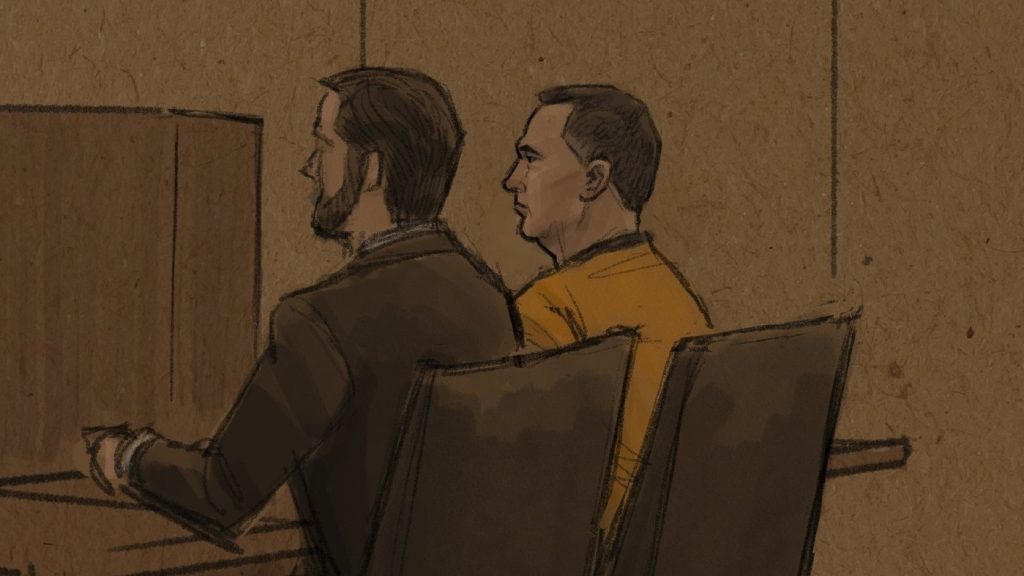MINNEAPOLIS (AP) – Vance Boelter has been charged with the murder of a prominent Minnesota lawmaker, former Democratic House Speaker Melissa Hortman, and her husband, Mark, while also wounding Senator John Hoffman and his wife. Federal prosecutors announced the charges on Monday, which could potentially lead to the death penalty for Boelter—a rare consideration in a state that abolished capital punishment in 1911.
Minnesota has not carried out an execution since a botched hanging in 1906, making the prospect of a death penalty case there particularly noteworthy. However, federal authorities have taken the lead in prosecuting Boelter, moving him from local custody to a federal court in St. Paul shortly before his scheduled state court appearance. This dual prosecution is not common but can occur in high-profile cases.
The shooting incident took place in the northern suburbs of Minneapolis, where Boelter is alleged to have conducted a meticulously planned attack. In addition to the murders of the Hortmans, authorities say he had targeted other lawmakers and had dozens of potential victims. After a large-scale search, he surrendered to authorities on Sunday night following the shooting on Saturday.
The federal case against Boelter includes six counts, two of which may carry the death penalty. Acting U.S. Attorney Joseph Thompson stated that it is too early to determine whether the government will seek capital punishment. Since the Supreme Court reinstated the death penalty in 1976, federal prosecutors have not pursued it in any Minnesota-based case. Thompson described the attack as a carefully orchestrated act of violence, revealing Boelter's intentions to target many more Democrats.
In contrast, Hennepin County Attorney Mary Moriarty, who had planned to pursue state-level charges, expressed frustration over the federal intervention. Moriarty, who was elected on a police reform and racial justice platform, intends to seek an indictment for first-degree murder, which would result in a mandatory life sentence without the possibility of parole. Her office is currently navigating the complexities of both federal and state charges against Boelter, and Moriarty has indicated a discomfort with the tension between the two prosecutorial jurisdictions.
Legal experts note that the situation could challenge federal prosecutors, particularly when selecting a jury pool from a state that has rejected the death penalty for over a century. If the federal government opts to pursue capital punishment, the unique challenges of public sentiment and historical context in Minnesota will play a crucial role in the trial proceedings.
Boelter is currently detained at Sherburne County Jail, and while he does not have any further scheduled appearances in the state court, his next federal court appearance is set for June 27. Observers remark on the unusual nature of this case, highlighting the competitive dynamics that can arise between state and federal prosecutors, especially in such a significant matter of public safety.
Amid these proceedings, President Donald Trump's administration has been associated with a notable increase in federal executions compared to his predecessors, which adds another layer of complexity to the national attention this case is receiving.
As the case unfolds, both federal and state legal teams will need to navigate the intricacies of concurrent prosecution avenues, public perception of the death penalty, and the implications for future cases in Minnesota.











